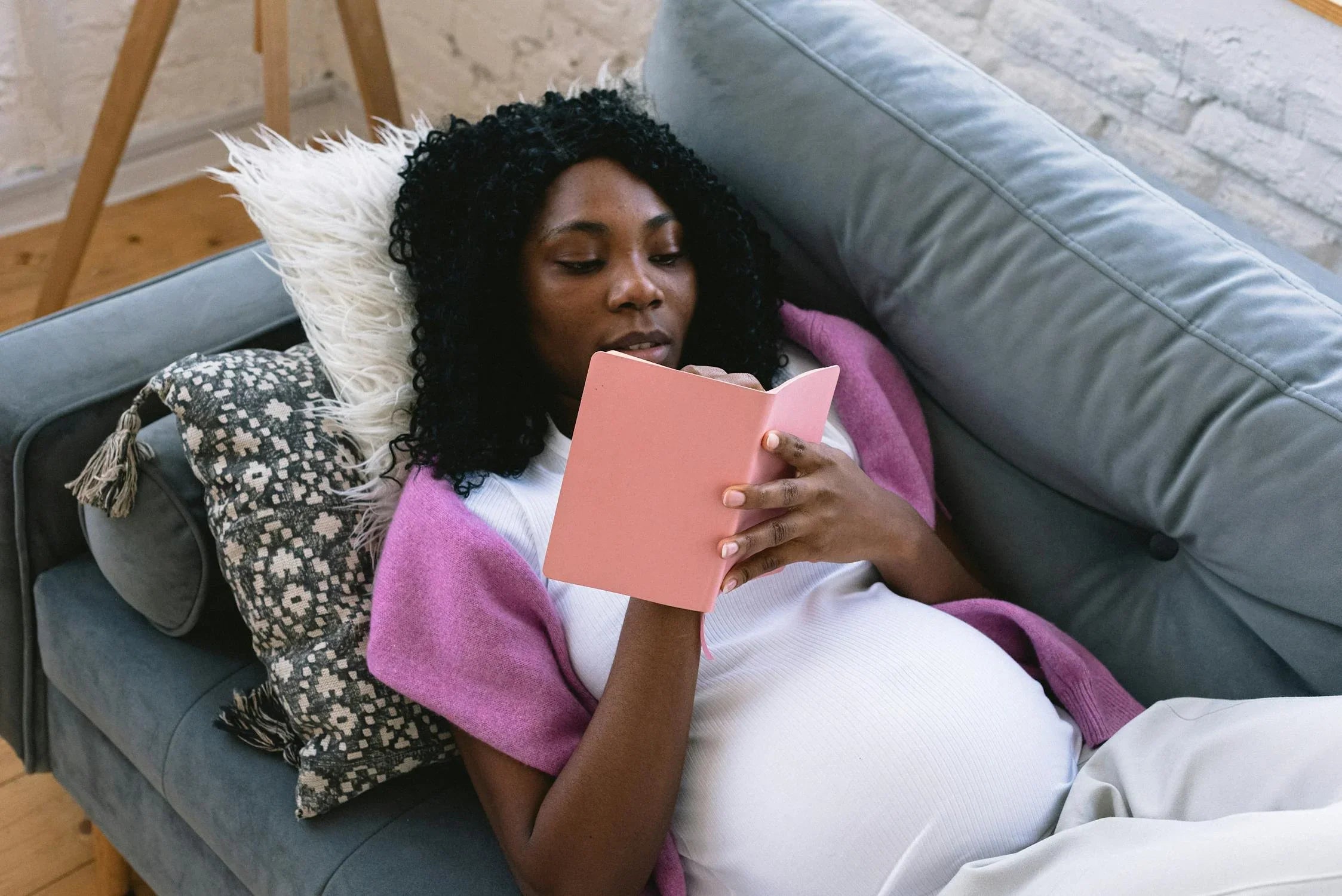Inicio
Pregnancy, Breastfeeding, and Pumping: The Ultimate Guide for Moms
How Early to Test Positive for Pregnancy: A Comprehensive Guide

How Early to Test Positive for Pregnancy: A Comprehensive Guide
Are you eagerly waiting to find out if you’re expecting? Understanding how early to test positive for pregnancy can save you from unnecessary stress and confusion. This guide will walk you through everything you need to know about early pregnancy testing, from the science behind it to practical tips for accurate results.
Understanding Pregnancy Testing Basics
Pregnancy tests detect the presence of human chorionic gonadotropin (hCG), a hormone produced after a fertilized egg attaches to the uterine lining. The timing of when hCG becomes detectable in your urine or blood is crucial for accurate testing.
Types of Pregnancy Tests
There are two main types of pregnancy tests: urine tests and blood tests. Urine tests are the most common and can be done at home, while blood tests are typically performed in a healthcare setting and can detect pregnancy earlier.
How Early Can You Test Positive for Pregnancy?
The earliest you can test positive for pregnancy depends on several factors, including the sensitivity of the test and the timing of implantation. Most home pregnancy tests claim to detect pregnancy as early as the first day of a missed period, but some highly sensitive tests may detect hCG even earlier.
Implantation and hCG Production
Implantation usually occurs 6-12 days after ovulation. Once implantation happens, hCG levels begin to rise and can be detected in the blood as early as 7-12 days after conception. In urine, hCG can typically be detected a few days later.
Factors Influencing Early Detection
Several factors can influence how early you can test positive for pregnancy. These include the sensitivity of the test, the timing of implantation, and individual variations in hCG production.
Test Sensitivity
Not all pregnancy tests are created equal. Some tests are more sensitive and can detect lower levels of hCG, making them capable of providing earlier results. Always check the sensitivity of the test you are using.
Timing of Implantation
Implantation timing can vary from woman to woman. If implantation occurs later than average, it may take longer for hCG levels to rise to detectable levels.
Individual Variations
Every woman’s body is different. Some women produce hCG more quickly, while others may take longer. This can affect how early a pregnancy test can detect a positive result.
Tips for Accurate Early Pregnancy Testing
To increase the accuracy of your early pregnancy test, follow these tips:
Test at the Right Time
Testing too early can result in a false negative. Wait until at least the first day of your missed period, or use a highly sensitive test if you want to test earlier.
Use First Morning Urine
First morning urine is typically the most concentrated and contains the highest levels of hCG, making it the best time to test for early pregnancy.
Follow Instructions Carefully
Always read and follow the instructions on the pregnancy test package. Improper use can lead to inaccurate results.
What to Do If You Get a Positive Result
If your pregnancy test is positive, it’s important to confirm the result with a healthcare provider. They can perform a blood test to confirm the pregnancy and provide guidance on next steps.
Confirming with a Healthcare Provider
A healthcare provider can perform a blood test to measure hCG levels and confirm the pregnancy. They can also provide important information about prenatal care and what to expect in the coming months.
Next Steps After Confirmation
Once your pregnancy is confirmed, schedule your first prenatal appointment. This is a crucial step in ensuring a healthy pregnancy and addressing any concerns you may have.
Common Questions About Early Pregnancy Testing
Here are answers to some common questions about early pregnancy testing:
Can You Get a False Positive?
False positives are rare but can occur due to certain medical conditions or medications. Always confirm a positive result with a healthcare provider.
Can You Get a False Negative?
False negatives are more common, especially if you test too early. If you suspect you’re pregnant but get a negative result, wait a few days and test again.
How Soon After Sex Can You Test?
It’s best to wait at least 7-12 days after conception to test for pregnancy. Testing too soon can result in a false negative.
Understanding how early to test positive for pregnancy can help you navigate this exciting yet uncertain time with confidence. By knowing the factors that influence early detection and following best practices for testing, you can increase your chances of getting an accurate result. Remember, if you have any doubts or questions, consult with a healthcare provider for personalized advice.
Compartir


